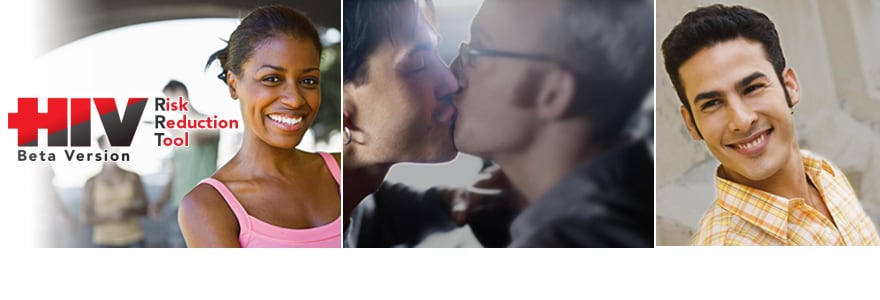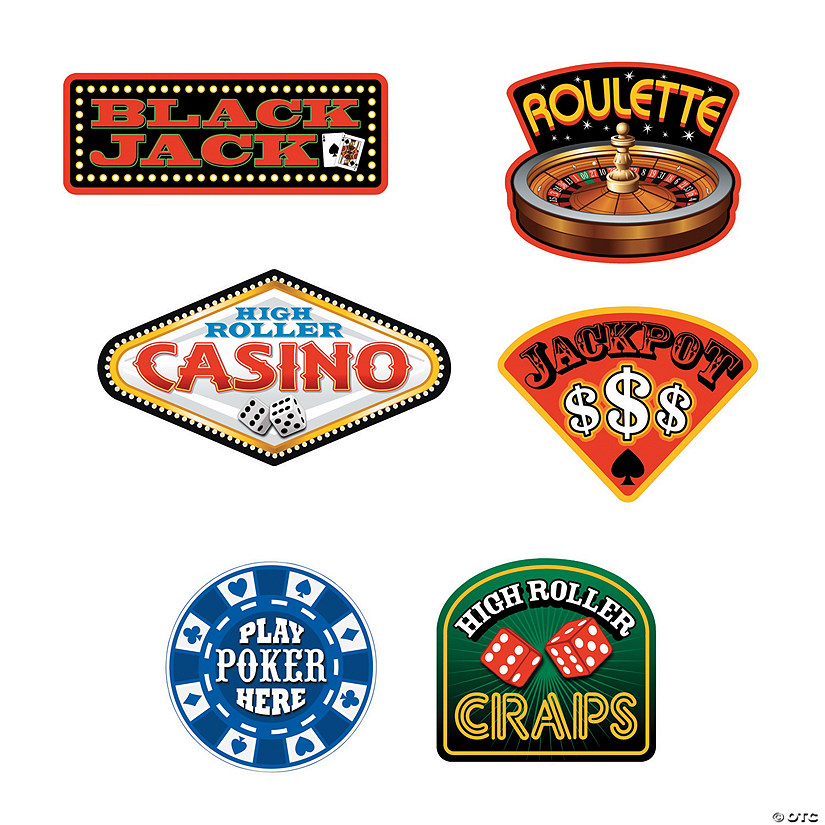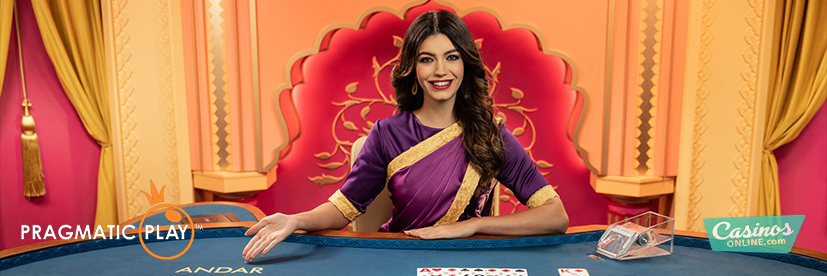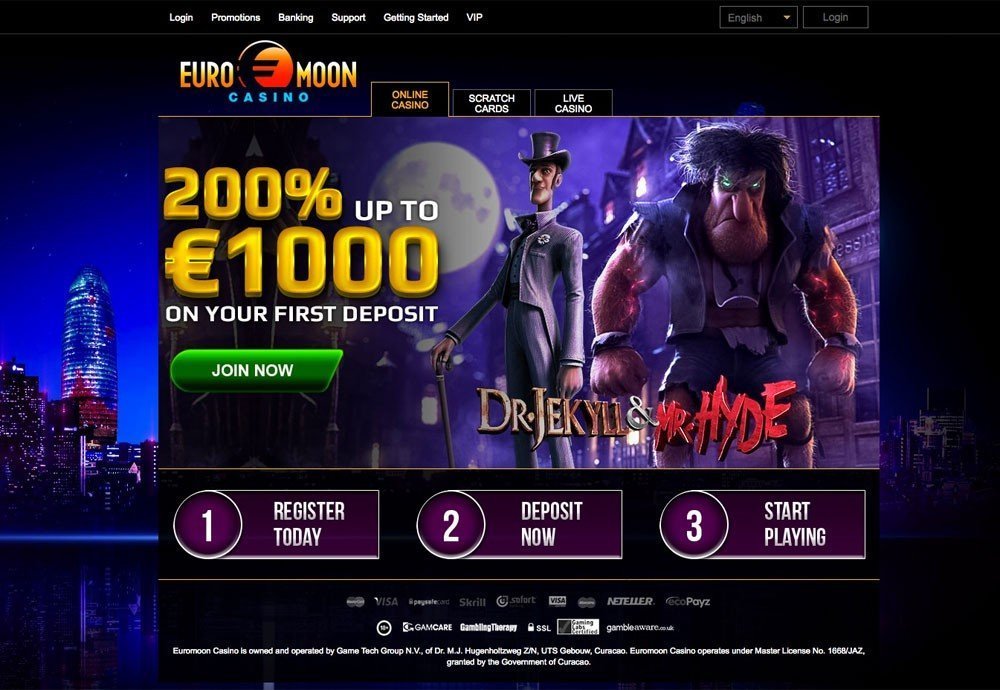Photo-Illustration: The Cut/Getty Photographs
There are particular archetypes you come across when internet dating as a fat person â specially a female whom dates guys. There’s the guy who views right past you, swiping kept on plus-size pages immediately. There is the one who swipes appropriate, subsequently turns vicious, letting you know to kill your fat disgusting pig home if you don’t take his improvements or just maybe not react fast enough. Perhaps the many annoying will be the man who looks genuinely into you, only to unveil (weeks later on) he’s mostly only enthusiastic about appreciating your own fat body for secret intercourse and/or fetishizing.
When Nora joined Tinder in 2015, she was actually 32 and freshly back in ny after staying in Ireland for six years. “I’d no expectations,” she states. She had no social existence in area, and app online dating seemed like a fine place to begin one. “I was a
little
nervous about getting an excess fat individual,” she claims, “but I found myself in a destination with my fatness.”
Like countless females, Nora had forged a new commitment with her human body in recent years. In 2012, alike 12 months Tinder launched, the word “body positivity” registered the Zeitgeist. The concept was not new. It surfaced from the far more revolutionary fat activism motion of 1960s, which intersected using mid-century feminist and civil-rights movements and mainly focused on problems of systemic bias, like place of work discrimination, and equitable healthcare. This new era â typically known now because the “mainstream body-positive movement” â ended up being less political plus concentrated on the self: self-acceptance, self-worth, self-love. Not much help regarding addressing, state, shell out disparities, but a giant change for individuals like Nora, who’d invested their entire resides in incapacitating
pity. And some of these, such as Nora, performed eventually navigate towards much deeper dilemma of anti-fat opinion through their own body-positive trips.
However, she had a well-earned level of doubt and anxiousness about application online dating. “I was thinking,
I’ll most likely acquire some gross, chubby-chaser emails,
” she states. “which is simply the existence i have resided: getting excess fat adequate to sleep with but as well fat up to now.” It isn’t really that Nora appeared down on fat fetishists, but she wasn’t thinking about getting a fetish object â a specific responsibility in app matchmaking, which regularly needs a fair quantity of profile evaluation and conversational snooping to suss on purposes you could capture with a glance whenever meeting at a bar. So when she met Sean (not their actual title), she found by herself in a challenging place.
“he had been positively into me because I became fat,” she claims. The first red-flag was actually how quickly he mentioned sex and “his commitment to female pleasure.” Sean had been extremely slim himself and seemed fixated on Nora’s attributes â specially the bigger ones. Taking walks the woman residence after their 2nd date, he observed the girl within the actions of the woman Brooklyn apartment building. “He was examining my personal dress right after which made a comment about my âbig gorgeous bum.'” Nora tried to be cool about it. “I
do
have an exceptionally big bottom,” she claims â and it also ended up being a feature she nonetheless struggled to simply accept. But she
wanted
to just accept it. She desired a guy whom approved it also â appreciated it, even! And this man performed. Demonstrably.
It shortly became clear which he did not simply like her body. The guy objectified and pathologized it. On then day, at a pizza invest her Brooklyn community, he shared with her he failed to consume pizza â or any carbs â on weekdays. The guy described that his mommy and sis were obese (“i am overweight,” Nora adds), in which he’d produced a strict eating routine, vowing never to “let that occur to him.” That did it. Nora had provided him the main benefit of the doubt, but after all of the discuss sex, food, his thinness and Nora’s fatness (and additionally their
mother’s and sis’s
), she’d formally run out of doubt. He wasn’t for her.
Soon after the woman pizza pie go out with Sean, Nora came across Charlie â the guy to who she actually is now hitched â on Tinder and immediately clicked with him (no “big bottom” comments either). She consented to one final go out with Sean, realizing it is the last. It absolutely was December, and even though riding the train to Brooklyn, he amazed the lady with a Christmas gift. Nora recalls, “we went to start it, and he mentioned, âNo, no, wait until you are residence.'” So she did. Reader, it actually was a vibrator.
But that has been 2015 â dozens of iOS changes before. Dating programs have actually developed. But what regarding daters on them? “Umm?” says Lena, a 37-year-old. Lena has used matchmaking apps since their unique inception, such as Tinder, Bumble, OkCupid (today an app and no much longer an internet browser-based dating internet site), additionally the poly-friendly Feeld. “Yes and no. I think folks who are excess fat or even in other marginalized identification feel less dangerous in these rooms to convey by themselves and relate to
each other
.” But that’s in which the safe zone concludes. The demographics may differ with regards to the application, but this type of division is rather common: “people who find themselves of more traditional charm criterion” â thin, white, no obvious handicaps â “put collectively.” As in offline life, thinness is upheld as a mark of real human superiority, and those with slim figures â men, particularly â typically address people that have bigger people as inferiors or interlopers who are in need of are placed back their particular location. It might be with aggressive insults and name-calling, or it might be with a fourth-date dildo. In either case, you are sure that precisely what they believe people.
“I actually don’t think Sean knew he had been fetishizing my personal fatness,” Nora claims. “the guy simply thought he appreciated me, so we happened to be connecting.” This will be one of many trickiest issues with software matchmaking, and thereisn’ effortless solution: by-design, programs allow us to choose prospective dates according to the particular choices â making the door available for our unexamined biases to sneak in, as well. You will find programs made for folks searching for connections with excess fat ladies â but would a man like Sean make use of them? That would require publicly proclaiming they’ve got “anything” for fat females. While both community and dating programs appear a lot more modern and varied these days, appeal to fatness still is thought about very taboo that numerous never ever even recognize it to by themselves.
“It really is an excellent example of desirability politics,” says
Melissa Fabello, Ph.D
., a sex and interactions instructor also a Tinder user. “All of our socialization plays a role in who we find attractive. Unsurprisingly, those people who are oppressed various other methods are oppressed from the beauty standard as they are less inclined to be picked â or, in this case, swiped right on.” Melissa empathizes with individuals like Nora, caught between their principles and their natural want to never be excluded, or even worse. “The dating world is actually a reflection around the world in particular, therefore the world at-large, sadly, is oppressive.” Melissa, who’s by herself slim, takes particular precautions in order to avoid fatphobia on Tinder. She swipes left on anybody who lists “working aside” as a concern â a common technique used by fat women also. “it is not like noting âyoga’ or âweightlifting,'” she clarifies. Oahu is the generality of âworking aside’ that ideas the girl down. “That claims something you should me about where your politics remain systems.”
Needless to say, involuntary bias isn’t problematic special to excess fat women. “I go through a similar thing merely becoming a dark lady,” describes Savala, 41, which merely started app internet dating some time ago. She actually is typically on Bumble and Hinge, sufficient reason for every match, the instinct kicks in: “Does he just have a fetish around Ebony females? Is he
opposed
to internet dating Black women?” It’s really no easy job to assess an individual’s racism
and
fatphobia via an informal app talk, but what’s the option? Know in-person? Place by herself at an increased risk? Savala wrestles with this, planning to become more open and positive. She dislikes experiencing consistently on-guard, knowing in certain methods, it really is counterproductive. “however in alternative methods, it’s a proper protective pose in a global that’s actually hostile to some components of the identity.”
If only there clearly was an attribute regarding the application, she claims, “to just
see
or rapidly know, âsomething the cope with fat men and women? Do you really get that I can end up being excess fat and healthy? Are you going to disagree with me about that? Do you ever would like to feed me personally? Or are you someone who finds numerous people appealing, and I’m one of them?'” Without anything such as that really offered, numerous fat users have developed their selection techniques. Lena, like Fabello, red-flags anybody who mentions “working away” or posts, state, multiple walking photographs. It isn’t really that she dislikes hikers or exercise, but a decade of experience has instructed her that those exactly who high light those activities in their profiles will most likely not like this lady. “folks aren’t always coming right out and claiming, âNo fatties,'” Lena clarifies. Not in a profile, no less than. “they will say, âI’m very into physical fitness and desire you may be as well!'”
Wink!
This is basically the double-edged sword of internet dating applications: that you do not
always
need to issue yourself to name-calling or bigotry personally. You are able to root it through the protection of your own mobile before meeting right up. Nevertheless requires a hell of a lot of time, work â as there are constantly a diploma of risk. Until some brilliant designer works an unconscious-bias filter to the algorithm, it will stay in that way. No-one places “overt fatphobe” inside their bio.

Some programs carry out add body-type filters, enabling consumers to both self-identify with and filter out particular descriptors. One particular infamous one (discussed by everybody I interviewed) is OkCupid’s, which requires people to choose their unique “type” from a listing whenever installing their profile. The original choices incorporated “slim,” “skinny,” “athletic,” “slightly extra,” “full decided,” and “used right up.” This record is almost the same now, with exceptions. “sports” was substituted for “jacked,” “overweight” has been added, and “used upwards” is mercifully gone. I guess that really matters as advancement, nevertheless nonetheless renders those with “slightly extra” in a predicament. “I experienced a very powerful inner discussion about this,” Nora recalls. She wanted to identify as excess fat with full confidence. That is what she thought in, ethically and politically. But she realized that doing this intended the app would hide her profile through the most consumers â who apparently will have modified unique configurations to exclude anybody identified as the not-thin choices. Nora eventually chose “a little extra,” throwing herself for this. “I hate that I did that,” she states. “I
am
an excess fat person.”
For Miranda, even though the good experiences she actually is had on programs far exceed the terrible, the terrible being sufficient to create the woman similarly protected. “meals is an extremely effortless topic on online dating apps,” states Miranda. What exactly is your favorite meal, favored road treat â easy questions that frequently come up when it comes to those very early chats with brand new suits. “But I’ve become a lot more careful about perhaps not discussing meals in the last couple of years,” she claims. “I’ve gained weight, and my images have actually altered as I’ve received older, naturally.” It seems much less safe today â and less safe typically in a more substantial, earlier body (Miranda is 27). A short while ago, in 2017, Miranda was actually chatting with some guy on Tinder, “so we had been having a beneficial talk,” she describes, selecting the woman words very carefully. “Then he began to chat in a fashion that I found myselfn’t enjoying. I can’t remember in the event it had been just exceptionally sexual in general, nevertheless forced me to uncomfortable.” She attempted to generate him stop but in a lighthearted means. “i might have teased him a little bit. âOh, we don’t should chat like that as of this time.'” Right away, the change flipped, “in which he began insulting my fat.” Miranda ended up being a size 12/14, several dimensions smaller than she actually is now. The event sticks out in her own mind, she says, “because nothing within conversation involved appearance â but that’s where he chose to take it. Perhaps not, âOh, i am sorry, i’m uncomfortable that we made you uncomfortable’ or âI feel embarrassing now.'” Absolutely nothing that also associated with just what had really happened. As an alternative, their immediate feedback was actually: “You’re this type of a fat bang.”
“Of all the insults I see, it’s the popular,” says Alexandra Tweten, author and founder of
@ByeFelipe
, the widely used Instagram account. Indeed there, she offers screenshots associated with the vitriolic screeds this lady followers (currently near half a million) have gotten in the programs from guys they will have decreased to meet with or just perhaps not replied to instantly. “Fat,” she says, “is the go-to insult after being denied. They feel that’s what we worry about â the point that will make you have the worst about our selves.”
Alexandra started @ByeFelipe in 2014, and achieving observed hundreds of internet dating users right now, she states very little changed with regards to the volume, tone, and vocabulary with the vitriol. She says she really does see well informed, body-positive language on ladies pages now â even some which use the word “fat.” She in addition sees more women posting full-body pictures recently, versus the face-only shots which were typical in 2014. “ladies are a lot more like, âThis is which i will be,'” she says. But has actually that change subscribed with guys? “in line with the things that have taken to @ByeFelipe?” states Alexandra. “in all honesty, very little.”
Therefore maybe the past decade was not as progressive even as we hoped it might be. Application dating, like human anatomy positivity, don’t change the world. It don’t actually alter matchmaking all those things a lot.
Research
and
unofficial data
suggests that about two-thirds of Tinder customers tend to be males, the majority of whom date females â a figure which also looks fairly static. If so, it seems logical that situations will not actually transform until (or unless) they are doing.
But here’s one more unofficial stat: 100 % for the dozen women we interviewed for this story have actually stopped suffering fatphobic crap. When that man known as Miranda a fat bang in 2017, she labeled as him aside:
Wow, expect you really feel better
. “If that took place now,” she states, “I’d just unmatch and then leave.” Lena merely deletes shitty emails: “don’t assume all individual is worth the mental labor.” Lots of determine as excess fat or plus-size, and everybody with whom we spoke volunteered that they don’t upload their a lot of “flattering” photos â and definitely don’t use filters. They very carefully choose the most recent, most representative photographs they’ve â and sometimes even, jointly woman explained, chuckling, “photos that I really don’t
love
, seriously.” It assists the lady feel self assured navigating the application.
For many, it really is a moral option. For other individuals, an effect of body positivity internalized. Some cannot be troubled anymore to tension over exactly how thin (
or
thin) they look in a profile pic. Differently, for various explanations, they are all saying the exact same thing:
I am fat, and I’m great with that if or not you happen to be.
That alone is a fairly big modification â additionally the a lot more women who make it, the greater amount of force it puts throughout the men exactly who date these to do so themselves. It could be as well naïve to declare that the next decade of app matchmaking are a lot better than initial. However it might be â it could be. We’re going to need certainly to wait and swipe.







